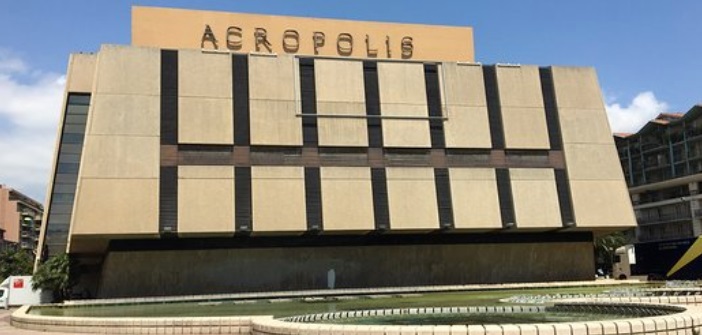Approved by the City Council a few months ago, the resolution for taking over the operation of the Palais Acropolis and Nikaia is taking shape.
This decision is in line with the policy of Christian Estrosi, who has opted for the (re)municipalization of public services, which were previously outsourced to private operators. Municipal canteens, transport, and water distribution (the latter two are under metropolitan jurisdiction and serve as convincing examples).
Veering right, then left, the Mayor of Nice takes pride in combining public service with efficiency.
In these matters, there should be no prejudices: as Chinese leader Deng, the father of the economic miracle, said, “it doesn’t matter whether a cat is black or white, what matters is that it catches mice.”
A fine lesson in pragmatism, isn’t it?
The mayor of Nice taps into this vein: “Taking over through direct management allows the community to regain control of the resources, objectives, policy, project monitoring, and to reestablish financial transparency. Like all other direct management entities, my goal is to offer better service quality since these venues, above all, belong to the people of Nice.”
The coming months are set to be crucial for the new management entity, which forecasts a 20% increase in revenue and attendance at the Acropolis for the year 2019.
A manager has been appointed and will focus particularly on governance issues, the complementarity between structures, financial questions, as well as marketing and overall hospitality policy.
It is chaired by Rudy Salles and includes deputies Philippe Pradal, Rudy Salles, Christian Tordo, Denise Fabre, and Olivier Guérin; City Councilors André Chauvet, Robert Roux, Maurice Alberti, Célia Georges, and Patrick Allemand; Jean-Pierre Savarino, President of the Chamber of Commerce and Industry of Nice Côte d’Azur; Denis Cippolini, President of the Hotel and Tourism Federation of Nice Côte d’Azur; Dominique Thillaud, Chairman of the Board – Nice Côte d’Azur Airports; and Lionel Bringuier, Conductor.


